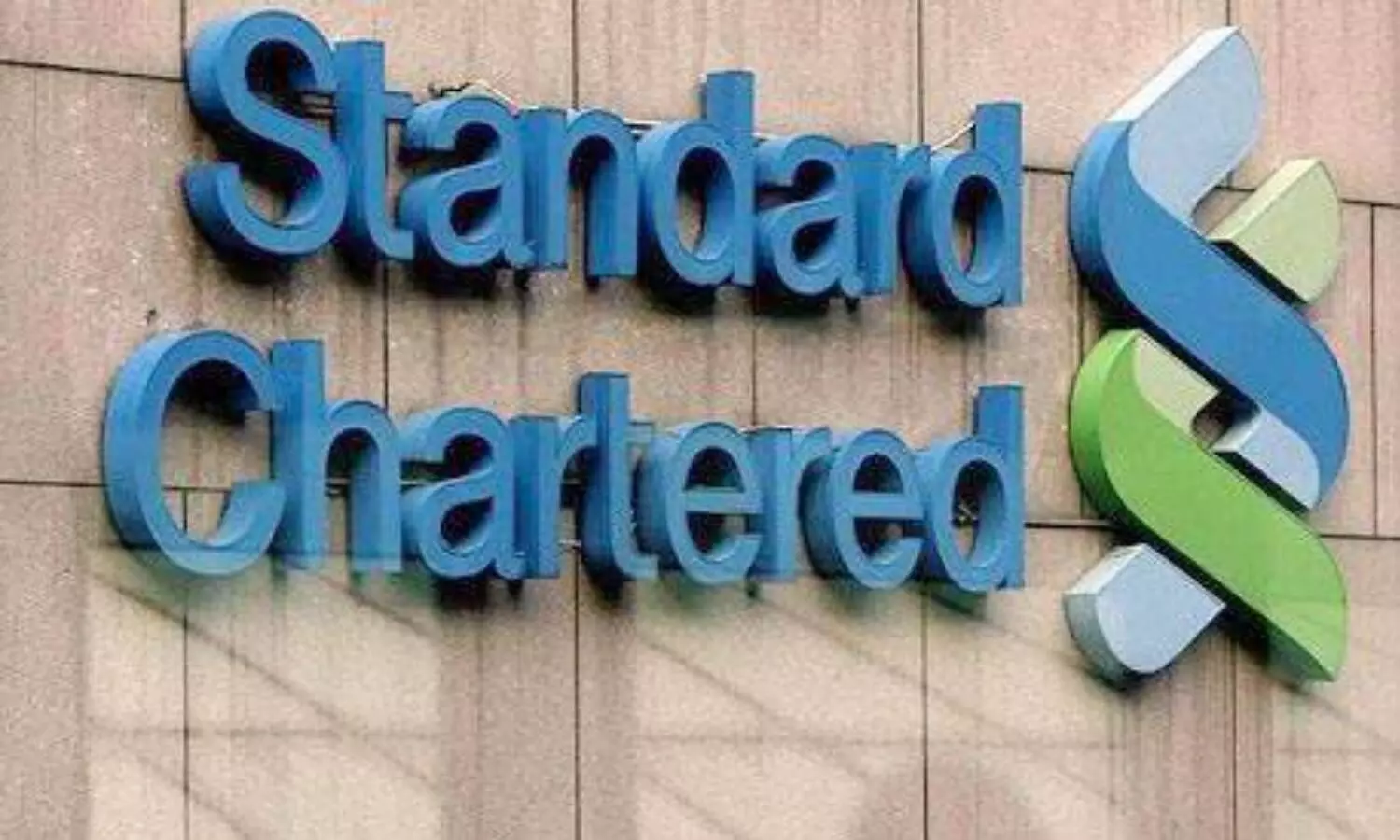StanChart sets interim targets and methodology for pathway to net zero by 2050
image for illustrative purpose

Mumbai, Oct 29 Standard Chartered one of the leading international banking group having its presence in India, has announced ambitious new targets to reach net-zero carbon emissions from its financed activity by 2050, including interim 2030 targets for the most carbon-intensive sectors.
The Group's approach is based on the best data currently available and aligns to the International Energy Agency's Net Zero Emissions by 2050 scenario (NZE).
Our current estimate of in-scope baseline emissions from our corporate client base as at year-end 2020 is 45.2 million metric tonnes of carbon dioxide equivalents, associated with USD74.8 billion of assets (or 77 per cent of our total drawn on-balance-sheet financing exposure of USD 97.3 billion to corporate clients). There is currently insufficient available data to accurately reflect the financed emissions of the remaining 23 per cent of our in-scope corporate lending assets, a bank statement said.
By the end of 2022 the bank expects all clients in the power generation, mining and metals, and oil and gas sectors to have a strategy to transition their business in line with the goals of the Paris Agreement.
Having already covered nearly two-thirds of our in-scope financed emissions, targets for remaining carbon-intensive sectors will be announced in line with current guidelines from the Net Zero Banking Alliance, before the first quarter of 2024.
José Viñals, Group Chairman, commented, "Following engagement with clients, shareholders and NGOs, we are today setting out our methodology for how we intend to reach net zero by 2050. We are motivated by a belief that we can and must address the need for decarbonisation as a result of greater climate-related risks, which increase financing costs and hamper emerging markets' long-term economic prospects."

